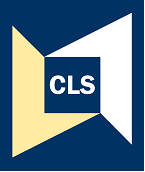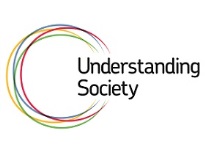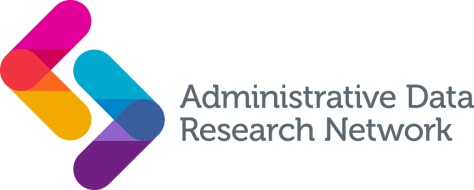ESRC Advanced Training
Credit bearing Advanced Training modules are open to ESRC funded students based at the University of Warwick. These modules may be based in Departments and offer priority access to their own students, after this ESRC funded students will have priority.
The following 10 CAT Advanced Training modules will be available for the 2024-5 academic year:
|
Module |
Date |
Convenor |
Further information |
|---|---|---|---|
|
MH943-10 Mixed Methods Design |
03/03/2025,04/03/2025 | Sagar Jilka and Corinna Clark, Warwick Medical School | |
|
MH944-10 Mixed Methods Analysis and Integration |
12/05/2025, 13/05/2025 | Sagar Jilka and Corinna Clark, Warwick Medical School |
How do I apply to undertake a credit bearing Advanced Training module?
If you decide that you would like to apply for a place on one of the credit bearing Advanced Training modules please email esrcdtp@warwick.ac.uk. Please note the deadline for application is 22/01/2025.
Qualitative Research Forum
The WBS Qualitative Research Forum (WBS-QRF) is a cross-disciplinary initiative, focused primarily on building WBS qualitative methodological capabilities!
Read more about the Forum here: https://warwick.ac.uk/fac/soc/wbs/research/ikon/events/wbs_qrf/
All are welcome. Contact Louise Cullen (IKON@wbs.ac.uk) to join.
The Ethnography Circle
The Ethnography Circle is currently paused.
The ESRC DTC at Warwick is also pleased to support The Ethnography Circle.
Read more about The Circle here: http://www.warwick.ac.uk/go/ikon/events/ethnography
The Circle is a series of informal, multidisciplinary discussions which alternate presentations by leading ethnographers with group sessions where participants reflect on their ethnographic research practices.
Admission is free but space is limited. If you wish to join the group at one or all of these sessions, please reserve your place in advance by RVSP: ethnography@wbs.ac.uk
Advanced Training offered across the Midlands Graduate School DTP
Information regarding Advanced Training opportunities offered to ESRC funded Warwick PhD students can be found on the Midlands Graduate School Doctoral Training Partnership - Advanced Training opportunities.
Advanced Training offered by the wider ESRC network
ESRC Data and Methods Services supporting research and providing training
The ESRC funds a range of data and methods services to support research and study. It provides resources needed to access high quality socio-economic data and to develop research skills. These services are:
 |
The UK Data Service: provides access to a collection of over 6,000 high quality socio-economic data sets. It supports data users and works to improve data management. |
 |
The Centre for Longitudinal Studies (CLS) manages four British cohort studies: the 1958 National Child Development Study, the 1970 British Cohort Study, Next Steps, and the Millennium Cohort Study. |
 |
CLOSER supports the use of longitudinal research. Key resources include reading lists and summaries of findings, and a search portal to help find out what data has been collected across all nine studies in the CLOSER partnership. |
 |
Understanding Society is a major longitudinal survey of around 40,000 UK households. The site contains information on the survey, as well as research articles, reports and policy briefings based on this survey. |
 |
The Administrative Data Research Network enables accredited researchers to access securely held de-identified linked administrative data for research that has potential benefit to society. |
 |
Census and Administrative data LongitudinaL Studies Hub enables researchers to access census based longitudinal data selected from census records over time as well as linked material from other administrative datasets (such as health data). |
 |
The National Centre for Research Methods supports researchers in developing their research skills. It hosts an extensive database of research methods training courses. |
Each service provides support and delivers training, including joint training and can be contacted if you are interested in bespoke training.
